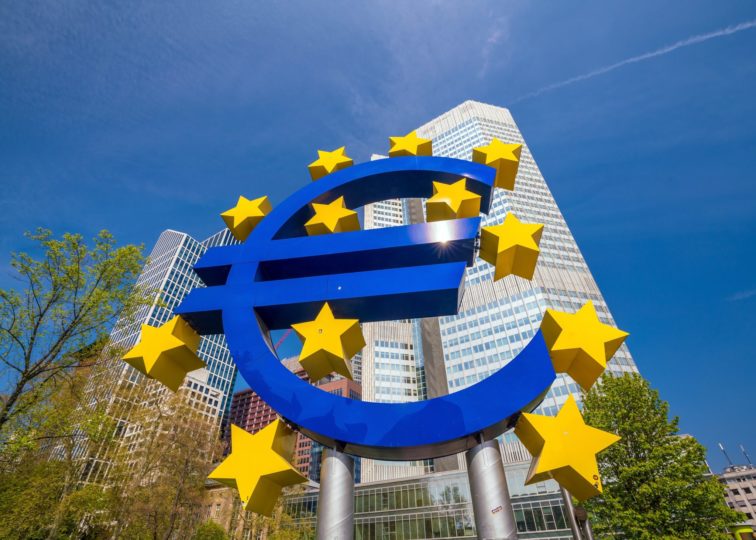
Blog
Eurozone Inflation Surges to Another Record High
April 1, 2022
Inflation in the eurozone jumped to another record high in March, marking the fifth straight month of record-breaking price increases. Inflation’s continued surge has added pressure on the European Central Bank (ECB) to raise its key interest rate.
The European Union’s statistics agency said consumer prices were 7.5% higher in March than a year earlier, the fastest pace on records that go back to 1997, and a substantial jump from the 5.9% rate of inflation recorded in February. Figures from the EU’s individual nations suggest the rate of inflation could be even higher. Inflation in Germany in March was the highest since 1981, while Spain’s was the highest since 1985.
Much of that is due to soaring energy prices, which were 44.7% higher than a year prior. Energy prices in the region have been climbing for months, but Russia’s invasion of Ukraine has sent them skyrocketing. Russia accounts for roughly 40% of the European Union’s imports of natural gas and about 25% of oil imports.
Thus far, the ECB has avoided the aggressive stance taken by many central banks across the world, arguing that energy price pressure would ease in the spring as demand for heating fuels eased and that inflation would retreat to the ECB’s 2% target by year’s end without monetary tightening or raising interest rates.
Russia’s invasion has made that scenario unlikely, and traders are increasingly convinced that the ECB will raise rates later in the year. Last month, the central bank announced a reduction in its purchases of bonds that could see the program end in September, paving the way for potential rate hikes.
